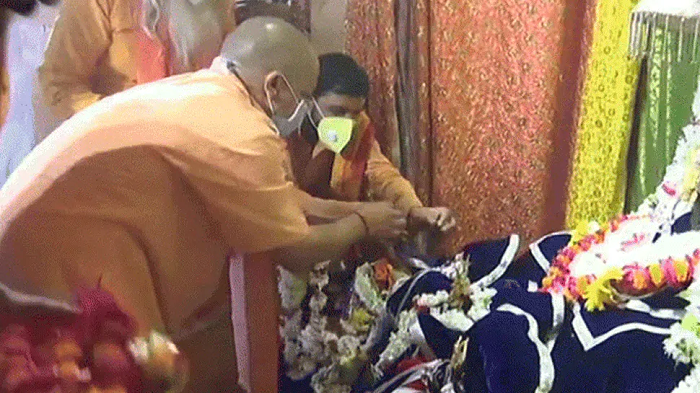New Delhi, Jun 2: Minority Affairs Ministry Mukhtar Abbas Naqvi on Saturday hit out at AIMIM chief Asaduddin Owaisi for his comments that if Prime Minister Narendra Modi can visit the temple then Muslims can visit Mosque, saying some people talk like this for the sake of their livelihood.
Speaking to ANI here, Naqvi said, "Some people talk like this for the sake of their livelihood. Some people talk unnecessary things on the basis of religion, caste and region. This does not help anyone. Modi has the confidence of 130 crore people of the country. Under Modiji people know they are well secured."
Earlier today, Owaisi had said, "If Modi can visit a temple we can visit our mosques, if Modi can go sit in a cave, we Muslims can also proudly say our prayers in mosques. Securing more than 300 seats is not a huge thing, Because India has a living Constitution, the 300 seats (of the BJP) cannot take away our rights."
Praising Prime Minister Modi, the Minority Affairs Minister further said, "Modi has called for development for 130 crore Indians without discrimination. He speaks about development with dignity and that is why he has broken the hindrances of religion, caste and region. He has formed the highway of development by turning down all barriers of religion, caste and region."
Naqvi said, "Farmers and youth are priorities of the Modi government. We have worked for that in the previous term. The new Modi government will work on the challenges of the previous term."
"Modi's philosophy is of is hit and done not hit and run. Like what he promised to do against terrorists, corruption and price rise, he accomplished that," Naqvi added.






Comments
Add new comment